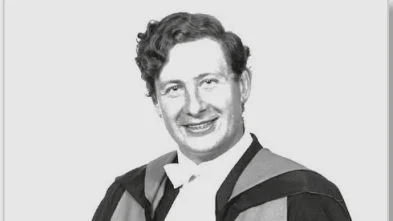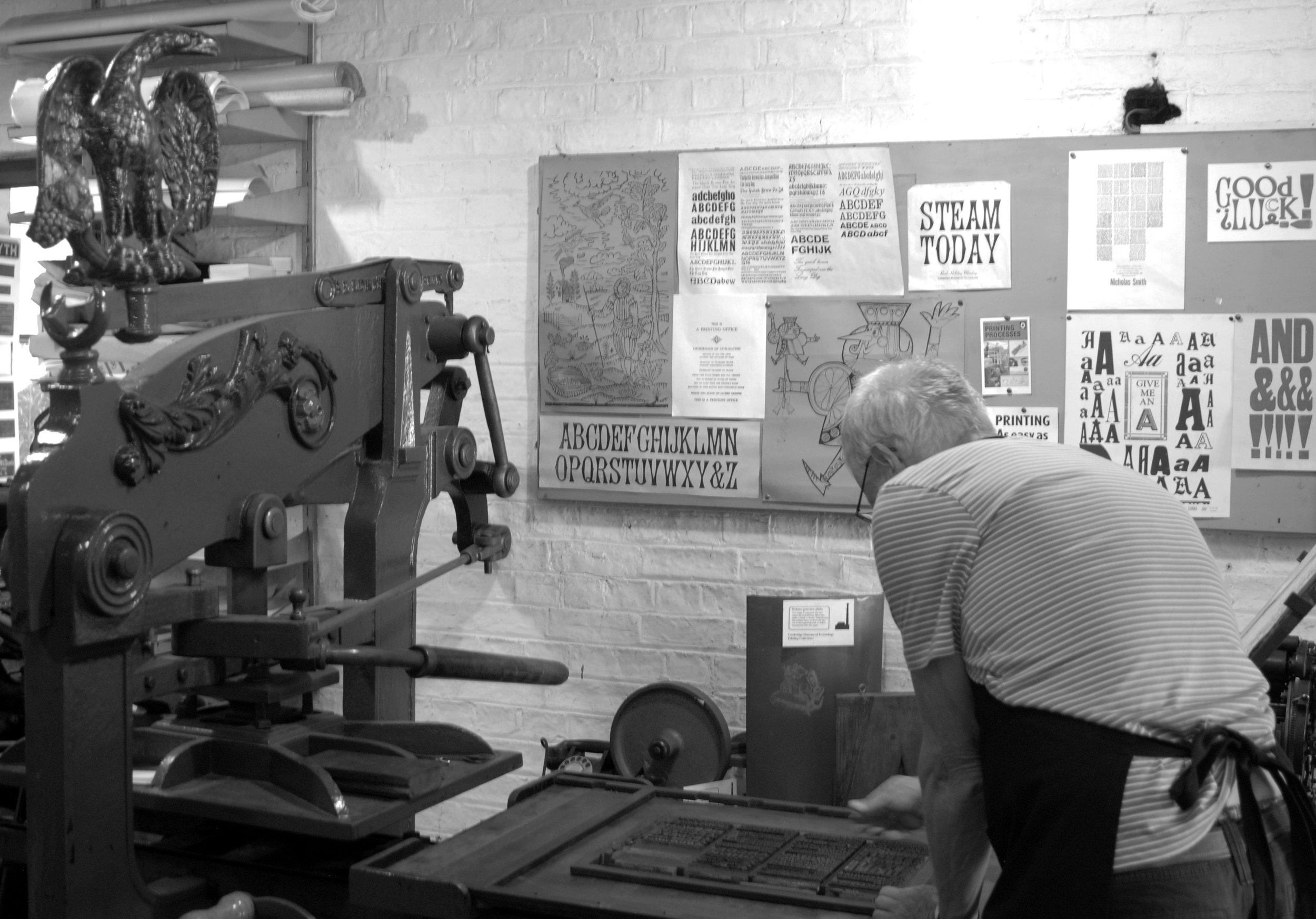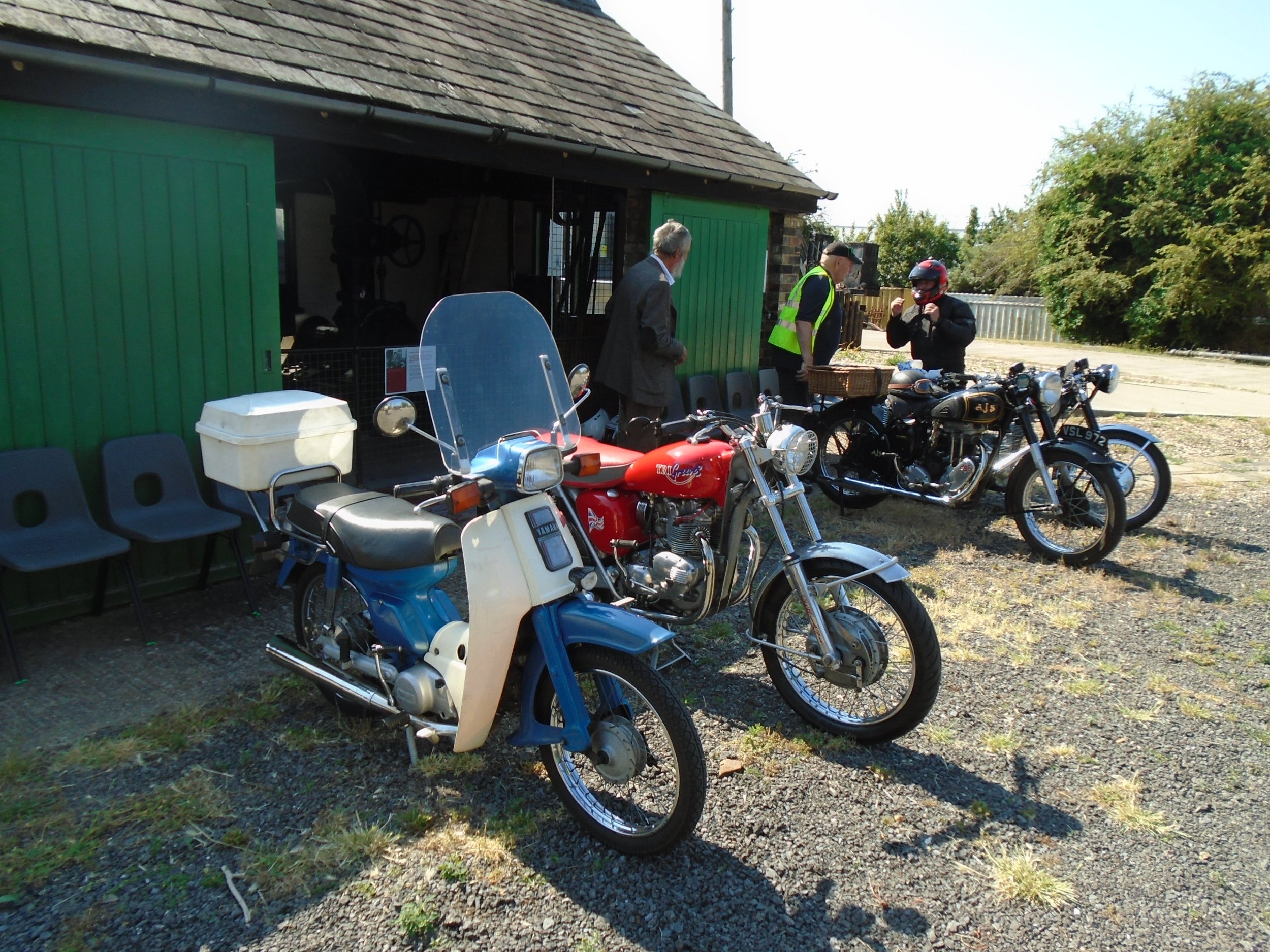Cambridge Museum of Technology: Evaluation Consultant
Consultant Brief for Evaluation Consultant
Type of contract: Consultancy / Self Employed
Remuneration: Up to £5,000 (excl VAT) inclusive of travel and other incidental expenses, paid periodically by arrangement.
Location: Cambridge Museum of Technology, The Old Pumping Station, Cheddars Lane, Cambridge CB5 8LD.
Background
Cambridge Museum of Technology is the home of our industrial heritage. Based in the city’s historic sewage pumping station, the Museum helps people to explore, enjoy, and learn about their industrial heritage by celebrating the achievements of local industries and the people who worked in them.
Visible from all corners of Cambridge, the original chimney at the Museum stands tall as a reminder of our industrial past, and a landmark beacon of our relevance today. The Museum occupies a key Riverside site and has huge potential to grow as a community hub, leisure facility and educational centre. The Victorian sewage pumping station is a scheduled monument on Historic England’s At-Risk Register, and some of our (working) technologies on display are the last of their kind. Visitors to our museum can expect to learn the story of sewage and waste disposal in the Victorian Pumping Station, as well as discover Cambridge’s fascinating but forgotten industries. The important Pye collection displays Cambridge’s impressive early high-tech companies.
Full Steam Ahead
Supported through The National Lottery Heritage Fund, the ‘Full Steam Ahead’ project recruited three new heritage roles, to expand the Museum’s capacity for both general opening, and for increased education and community outreach work.
The Museum will be able to expand its schools programme, reaching more young people and engaging with teachers to form lasting links. To facilitate this expanding engagement, there will be new opportunities to support and train community and education volunteers to help the Museum deliver this exciting programme. Digital education and family resources will also be developed alongside this new activity, to ensure the significant collections remain widely accessible for all.
The funding will also reinvigorate existing space in the Engineer’s House to be used as a space for community hires. Building on fantastic partnerships within the local Abbey community, the Museum will offer more opportunities for engaging with industrial heritage and our collection, through events and workshops.
Evaluation Consultant Brief
We are seeking to appoint an experienced evaluation consultant to establish an evaluation framework (in 2025/26). The consultant must demonstrate experience of evaluating similar projects, from initial benchmarking through to the production of a final evaluation report that will be submitted to the NLHF, following an agreement of a draft by the Museum Enterprise Manager and Board of Trustees.
We intend to appoint in February/March 2025 and anticipate that the work will take place throughout the life of the project which is currently due to end December 2026. The exact timescale and approach to be agreed as part of the appointment process
The consultant will produce a 12-month evaluation report (June 2025), 18-month evaluation report and evaluate our project (in 2026), and provide support/advice to the project team, as required.
Evaluation planning and delivery will be in keeping with:
• NLHF best practice (Evaluation good practice guidance | The National Lottery Heritage Fund)
• Our delivery stage evaluation, which aligns our work with the NLHF ten-year strategy
• Our project outcomes
Application will be based upon expressions of interest and interview.
Location and Timings
We anticipate some of this work will take place on site, however, some contact can be remote via Teams/telephone as appropriate. Due to the nature of working with volunteers, please note that it may be necessary from time to time to engage in the evening and weekends when availability is most likely.
Remuneration for the Contract
The total fee will be up to £5,000 excl VAT. Payment will be paid in instalments to be agreed upon appointment. (Our suggestion would be 25% upon appointment, 50% on delivery on first draft of the interim and final report, and 25% on completion).
The Evaluation Consultant will be registered self-employed/employed by their consultancy company and responsible for their own National Insurance and Tax payments as required by HMRC.
Appointment Process and Timescale
We intend to appoint in February/March 2025 and anticipate that the work will take place throughout the life of the project which is currently due to end December 2026. The exact timescale and approach to be agreed as part of the appointment process Application will be based upon expressions of interest and interview.
The expression of interest should include:
If working as part of a team, the details of the lead consultant, who will remain available as the main point of contact throughout the project. Details of who will carry out the work, their background and experience
Expressions of interest should be submitted via email to Lindsey.Bavin@Museumoftechnology.com in a format of the consultant’s choice. Emails should contain the title Evaluation Consultant.
Submissions must be received by 5pm on 13th February 2025.















































